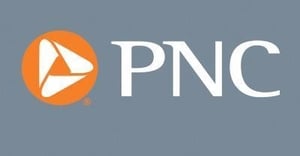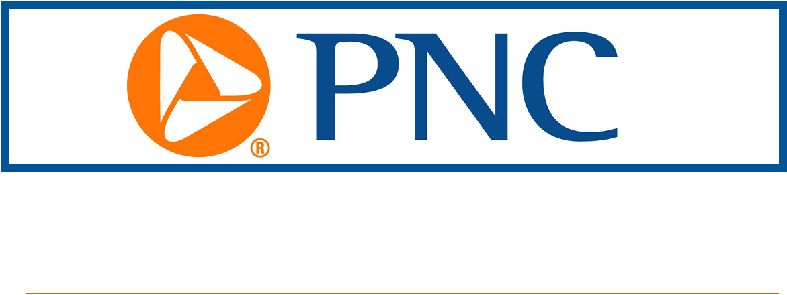
as Inflation Continues to Slow
- Consumer spending fell 0.3% in December, the second straight decline.
- After-tax household income rose 0.3% in December.
- The saving rate rose in December but remains low.
- Overall inflation moderated in December, but core inflation accelerated somewhat
- Both overall and core inflation are slowing on a year-over-year basis, but remain too high for the Fed.
- PNC expects a decline in consumer spending in 2023 and a mild recession.
- PNC expects the FOMC to raise the federal funds rate by 25 basis points next week.
Nominal consumer spending fell 0.3% in December from November, the second straight monthly decline. There were large declines in nominal spending on both durable and nondurable goods, down 1.9% and 1.4% respectively. Consumer spending on services rose 0.5% over the month.
Nominal personal income rose a modest 0.2% in December, the smallest increase since April. Wages and salaries were up 0.3% for the month. After-tax income was up 0.3% in December.
With spending down and income up, the personal saving rate rose to 3.4% in December from 2.9% in November and 2.4% in September. Still, the saving rate is much lower than the pre-pandemic rate of around 9% as inflation stretches household budgets.
The personal consumption expenditures price index rose 0.1% in December for the second straight month. The core PCE price index, excluding food and energy, rose 0.3% in December, up from 0.2% in November.
On a year-ago basis, overall inflation was 5.0% in December, down from 5.5% in November and a peak of 7.0% in June. Year-over-year core inflation was 4.4% in December, down from 4.7% in November and a peak of 5.4% in February. Inflation is slowing but remains well above the Federal Reserve’s 2% objective.
Inflation-adjusted consumer spending fell 0.3% in December, the second straight decline after a 0.2% drop in November. Real spending also fell in the last two months of 2021.
Inflation-adjusted after-tax income rose 0.2% in December.
A number of drags are hitting consumer spending simultaneously, including slower wage growth, high inflation, rising interest rates, falling home sales and associated purchases, and a big drop in household wealth because of declining stock prices and home values. In addition, consumer spending is shifting from goods, which consumers have bought a lot of over the past couple of years, to goods. The biggest support to consumer spending is the very strong labor market, with solid job growth and the December unemployment rate of 3.5% at a 50-year low.
Consumer spending makes up about two-thirds of US GDP. Real consumer spending growth was solid in the fourth quarter, rising 2.1% at an annual rate. But the monthly numbers show an increase in October and then declines in November and December. Consumer spending had the same pattern in 2021, and it could be that shifts in holiday buying are not fully incorporated into seasonal-adjustment factors. But consumer spending growth is likely to slow in 2023 as the negatives continue to accumulate. PNC’s baseline forecast has a modest decline in consumer spending in 2023 as a deteriorating labor market leads households to pull back, and a modest recession.
Inflation is slowing but remains too high for the Fed. In addition, core inflation has been stronger than overall inflation in recent months; the Federal Reserve is more concerned about core inflation because it is less volatile from month to month. Some of the strength in core inflation is coming from housing, and that is reversing with house prices and rents falling. But the Fed is concerned that strong services inflation, driven by wage growth, could become persistent. Thus, PNC expects the Federal Open Market Committee to raise the federal funds rate by 25 basis points when it meets next week in a continued effort to cool off a very hot labor market.
The PNC Financial Services Group, Inc. is one of the largest diversified financial services institutions in the United States, organized around its customers and communities for strong relationships and local delivery of retail and business banking including a full range of lending products; specialized services for corporations and government entities, including corporate banking, real estate finance and asset-based lending; wealth management and asset management. For information about PNC, visit www.pnc.com.














